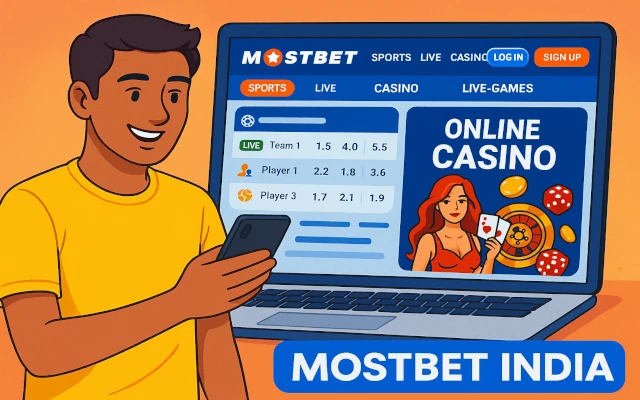Introduction to Responsible Gaming
As conversations around screen time, online safety, and healthy gaming habits grow, technology is playing a crucial role in shaping responsible gameplay. From parental controls to wellness reminders, modern tools are helping players maintain balance and safety. This shift isn’t limited to in-game experiences; it extends to how players interact with the broader gaming ecosystem. Awareness and innovation are now influencing every corner of the gaming industry. For instance, using digital marketplaces that offer more secure and affordable game services with dependable support can make a significant difference.
Built-in Gaming Controls and Parental Tools
Playing video games is nearly universal among teens, with 85% of U.S. teens reporting they play. Interestingly, while many identify as gamers, others play but don’t consider themselves gamers. This widespread participation has led modern gaming platforms to focus on responsible gameplay by integrating advanced control features directly into their systems. Console makers like Sony, Microsoft, and Nintendo now offer robust parental settings that manage screen time, restrict content, and limit in-game purchases. These tools can be customized by age and preferences, with activity reports helping parents better understand and manage their child’s gaming habits.
Advanced time management features now allow for daily or weekly play limits, automatic reminders, and gradual shutdowns. Content filtering and age-appropriate recommendations, powered by sophisticated algorithms, further support both safety and responsible gameplay. For example, Roblox updated its parental system to allow full control from a parent’s account. In Minecraft, parental settings are best handled through the Microsoft Family Safety app, offering more seamless management.
Financial Management and Spending Controls
Technology plays a vital role in promoting responsible gameplay, especially in managing in-game spending. With the rise of microtransactions, DLCs, and subscription models, it’s easy for players to lose track of how much they’re spending. Gaming platforms now offer spending limits, purchase confirmations, and transaction histories that improve awareness and control. Features like alerts for high-cost items and cooling-off periods prevent impulse purchases. Budget tracking tools categorize spending, whether on games, skins, or subscriptions, so players can make informed financial choices.
For younger users, added safeguards such as parental approvals and restricted transaction types ensure that spending remains under appropriate supervision. The goal is to create an environment where players can enjoy their games without unnecessary financial stress or surprise charges.
Third-Party Platforms and Marketplace Solutions
The gaming ecosystem extends beyond traditional platforms to include third-party services that can enhance responsible gameplay when used appropriately. These platforms often provide specialized services that complement mainstream gaming experiences while offering additional layers of control and transparency. Legitimate marketplace platforms help create safer environments for players who want to trade or enhance their gaming experiences. For instance, responsible gaming platforms provide structured environments for buying and selling game items, accounts, and boosting services with built-in security measures.
Using reputable platforms with clear policies and secure transactions encourages more responsible choices than unregulated alternatives. These third-party solutions often include verification systems, user ratings, and transparent pricing that help players make informed choices. Account management services through reputable third-party platforms can also help players organize gaming assets and understand the value of their digital investment.
Monitoring and Analytics Tools
Modern gaming platforms now offer sophisticated analytics that provide players with detailed insights into their gaming habits and preferences. These tools encourage responsible gameplay by increasing self-awareness and enabling data-driven decisions about time spent and goals set. Time-tracking features reveal how long players spend on specific games or platforms, often visualized through easy-to-understand charts and trends. Achievement and progress trackers also help players focus on meaningful milestones, promoting quality over quantity in gameplay.
Advanced tools are now going a step further, using AI models to estimate the risk of gaming disorder by analyzing player data. When used thoughtfully, these tools offer gentle nudges toward balance, supporting healthier gaming habits while respecting user privacy.
Frequently Asked Questions
What are some of the ways we support responsible gaming?
Responsible gaming is supported through time limits, parental controls, spending caps, and in-game reminders. Platforms also use content filters, secure marketplaces, and data tracking to promote healthier habits. Community moderation, education, and transparency further ensure players make informed, balanced decisions about how and when they engage with games.
How to be a responsible gamer?
To be a responsible gamer, set time and spending limits, take regular breaks, and balance gaming with other activities. Choose age-appropriate content, respect others in online communities, and stay aware of your habits. Use available tools to track gameplay and make informed, mindful decisions about your gaming behavior.
How can I address problematic gaming habits?
If your gaming habits become problematic, it’s crucial to seek help. Begin by recognizing the problem and establishing clear limits. If you struggle to control your gaming despite negative consequences, reach out to a healthcare provider or mental health professional specializing in behavioral addictions. They can offer therapy, coping strategies, and support to help you regain balance in your life.
Conclusion
Technology has become a powerful ally in promoting responsible gameplay. From built-in platform controls to personal analytics, these technological solutions address the key challenges that can arise in modern gaming environments. Staying informed and utilizing these tools helps players enjoy gaming’s benefits while avoiding pitfalls. The future of gaming is bright for those who embrace the entertainment value and the responsibility that comes with participation in these digital worlds. By adopting responsible gaming practices, players can ensure a safe, enjoyable, and balanced gaming experience for themselves and others.



